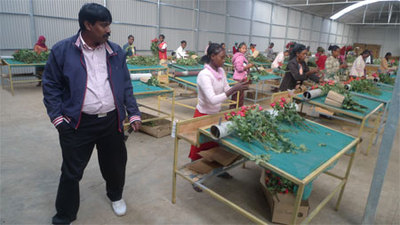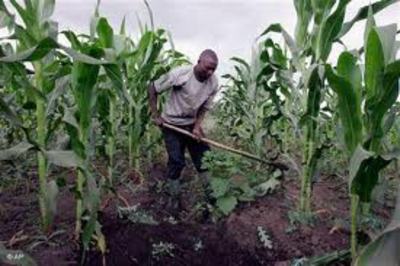Foreign direct investment: A disaster
- Tanzania Media Forum
- 02 September 2011
The Tanzania government has been advised to draft laws to curb acquisition by foreigners of extensive tracts of the country’s fertile agricultural land as foreign direct investment would be a disaster in years to come.













.jpg?1311677061)













